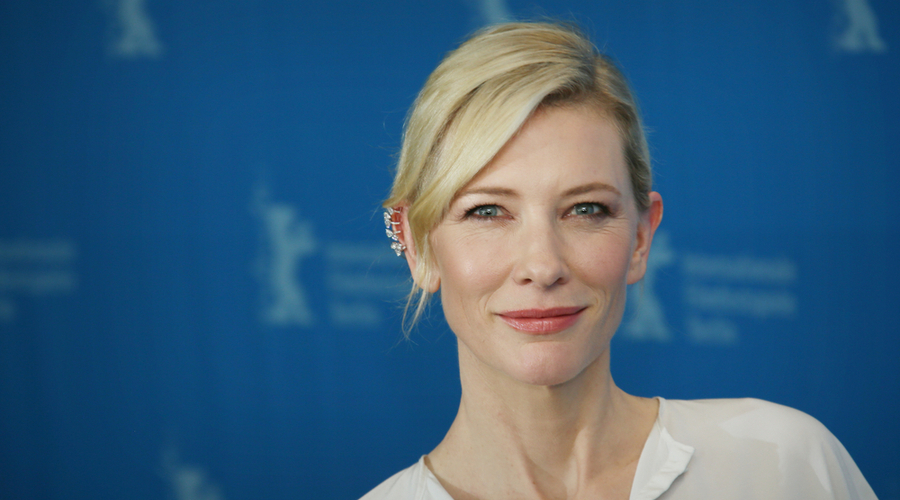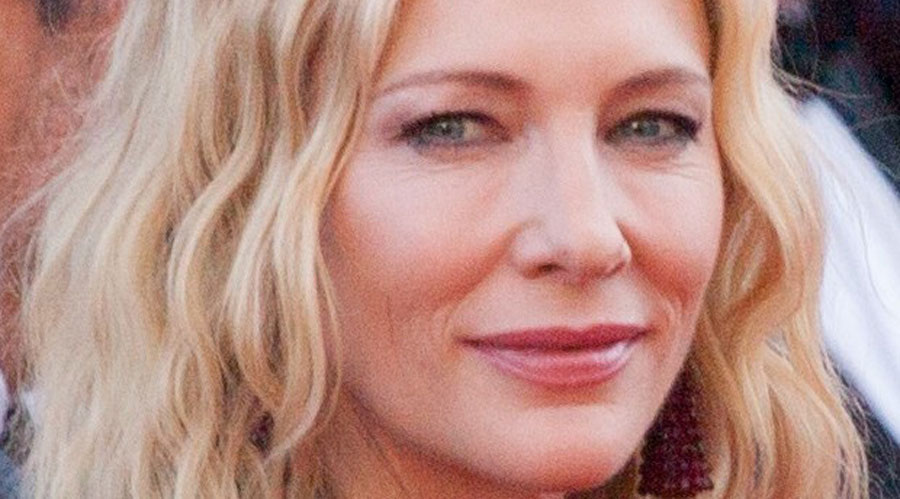Super strong men with muscles can be indispensable. Among fears that without the crowds of devotees who usually pull the ropes of the huge chariots of the presiding deities in Puri during Rath Yatra the chariots would stall, the traditional servitors, who featured a Mr India among them, proved to be enough. None can serve a strong deity without nurturing strength themselves, apparently. While this is a traditional role, strong women — with muscles — have become visible more recently: climbing to the top of world-class competitions through a society of skewed gender values is evidence of not just discipline in building up the body but also of unbowed strength of character. No wonder Mary Kom and her ilk are the icons of a new age.
It would be silly to say that strength does not lie in muscle alone, because creating strength of body or mind requires determination, discipline and dedication. Women’s strength — because of their traditional roles — is manifested in numberless ways. Shakespeare, wise to the cunning strengths of women, has Rosalind say in As You Like It that a woman who cannot make her fault her husband’s occasion should not nurse a child, for she would bring it up like a fool. That is, a woman’s strength resides in her brain — her quick thinking, her defensive wit — or she would never survive in a man’s world. Education was irrelevant to this strength that kept the world going from behind the scenes, but when education did come, women became formidable public speakers and protesters, breaching the so-called male bastion of logic to use reasoned argument against injustices that emanated — and still do — from the same bastion.
It is this discourse that Cate Blanchett, the Oscar-winning actor playing the role of a conservative writer in a television series, Mrs America, must have been referring to when she said that she admired the way women spoke in the 1970s. Ms Blanchett deplored what she saw as the disappearance of civilized public debate — women may not have agreed with one another but tried to talk things through — and its replacement by haranguing matches. Ms Blanchett has unerringly homed in on the strongest weapon of any human being, man, woman or otherwise gendered: reason. While the sites of contention have remained the same, suggested Ms Blanchett, the discourse around them seems to have changed into polemics influenced by party affiliations. Does that mean that women are frittering away their precious claim to reason by fighting over advertisement mottos that suggest fair is lovely, or by closing their minds to the understanding of trans realities as that icon of women’s empowerment, J.K. Rowling, seems to have done?
In an era that needs strong men to pull the ropes of an ancient chariot and strong women to fight them off at home, reason and the smartness of Shakespearian heroines should certainly not be undermined.













